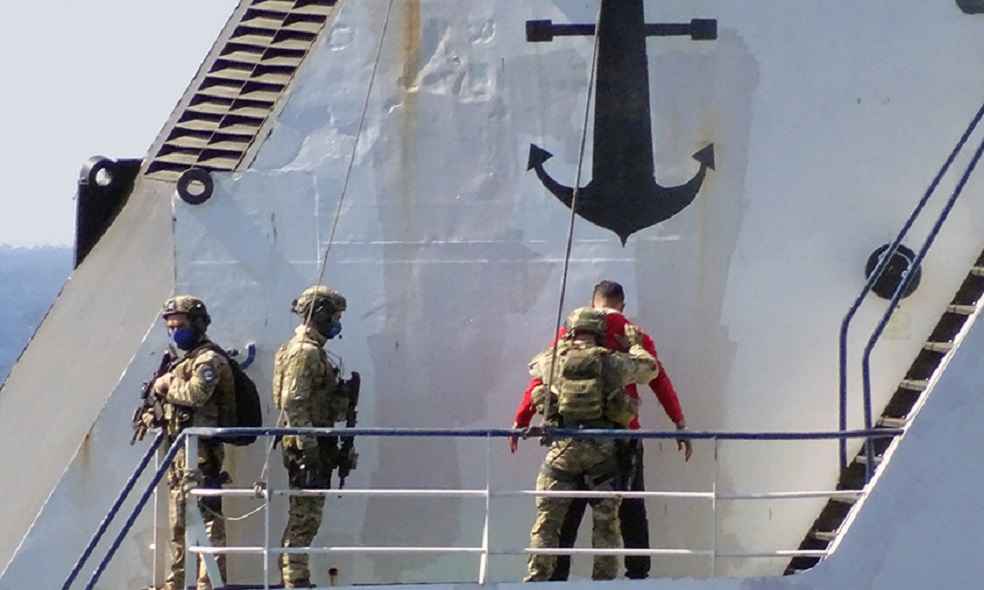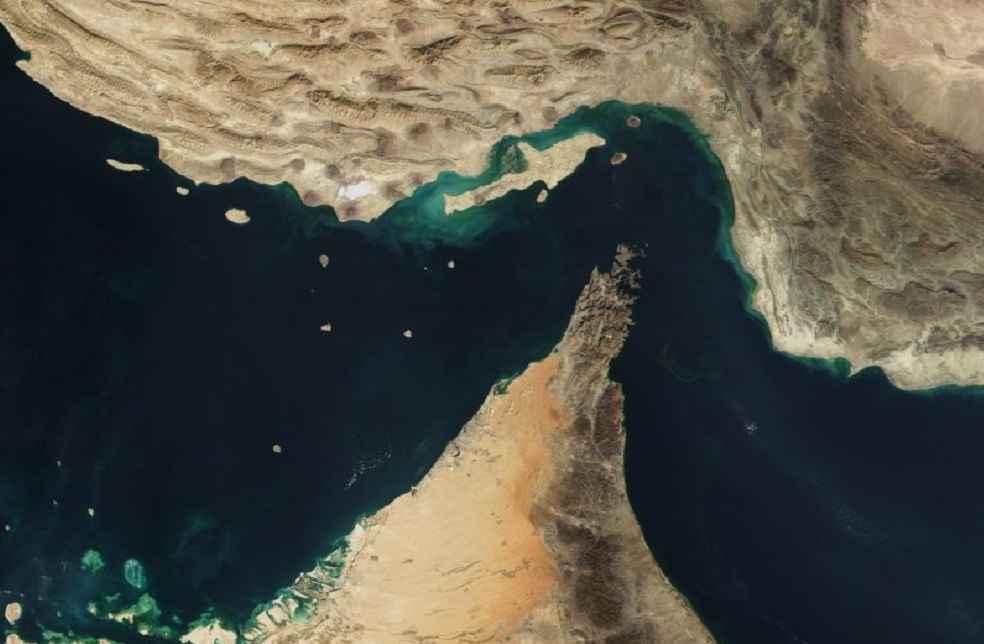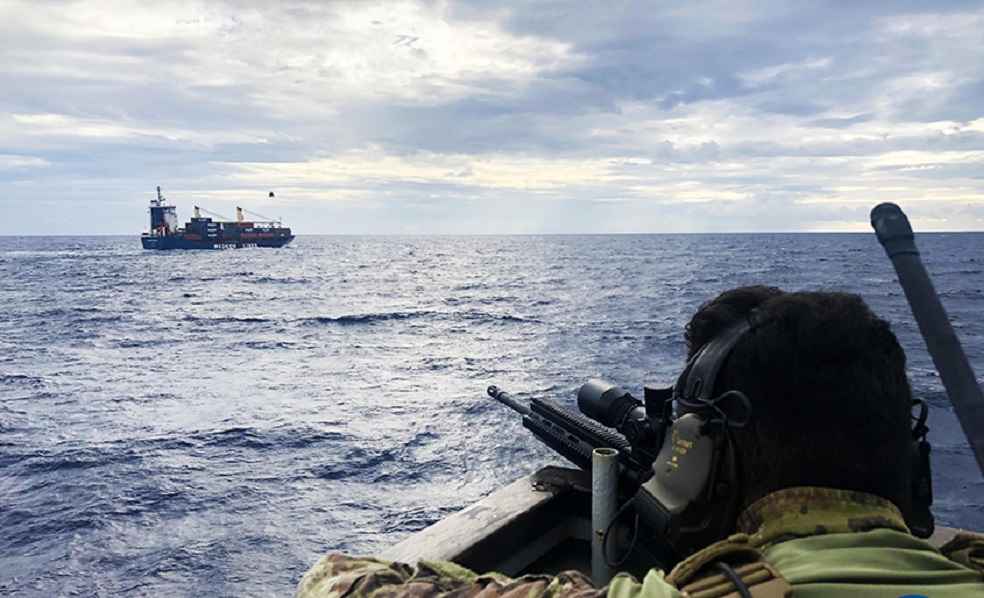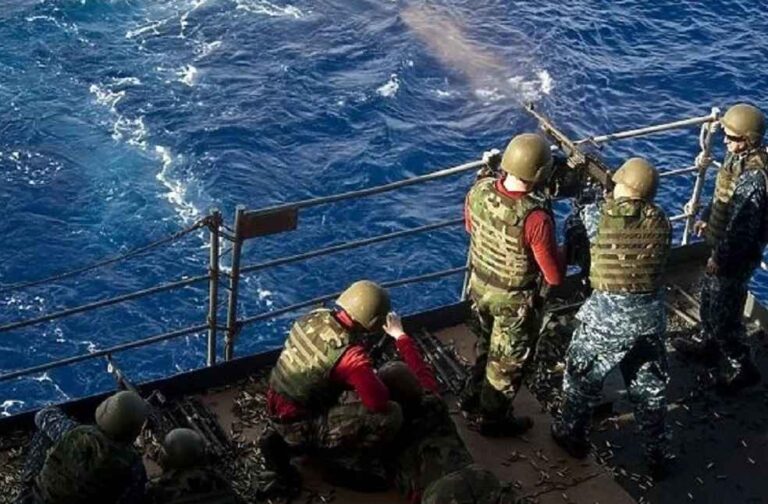Recent events have heightened global anxieties over the stability of international trade and energy supplies due to intensified attacks on key maritime routes in the Middle East. These assaults, linked to Iran-backed Houthi rebels, have prompted urgent calls for increased military protection along these crucial sea lanes.
A Pentagon report indicated that a U.S. warship, together with three commercial vessels, encountered attacks near Yemen’s coast. This incident raises serious alarms, especially following the recent targeting of Israeli ships by Houthi rebels. These developments suggest a significant escalation in response to the Gaza conflict.
Jakob Larsen, Bimco’s head of security, emphasized the urgent need for additional military resources in the region. The simultaneous targeting of several ships within one day signals a concerning gap in current security measures.

U.S. national security adviser Jake Sullivan condemned the attacks as “totally unacceptable.” Efforts are underway to form a maritime task force dedicated to ensuring safe navigation through the Red Sea. This strategic waterway is essential for transporting a range of goods, including crude oil and consumer products.
These threats emerge at a time when global supply chains are already under pressure from the COVID-19 pandemic and the Ukraine conflict, fueling inflation and economic challenges worldwide.
Bob McNally, Rapidan Energy founder and ex-adviser in the George W Bush administration, cautions against underestimating the risk of further disruptions. Since 2019, Houthis and other suspected Iranian proxies have targeted various vessels in the Middle East, using tactics like seizing oil tankers and deploying limpet mines.

Recent incidents also spotlight Iran’s potential threat to the Strait of Hormuz, a key passage for oil and gas exports. McNally estimates a 30% chance of significant disruptions in regional energy flows, highlighting the risk of accidental escalations or unintended conflicts.
About 40% of global seaborne oil trade traverses the Strait of Hormuz. The Red Sea route, responsible for nearly a tenth of global oil supply, is equally vital, particularly for Europe’s energy imports.
An attack on an Israeli-owned car carrier, involving a helicopter boarding method often linked to Iran, marks a significant escalation in maritime threats. This approach indicates an increased ability to disrupt shipping in the area.

Shipping companies are now considering safer yet costlier alternate routes and advocating for stronger protection in Middle Eastern waters. Zim, an Israeli shipping company, has begun rerouting vessels, leading to longer transit times for customers.
Insurance premiums have spiked due to the rising risks. Marcus Baker from Marsh, a marine insurance broker, noted a dramatic increase in rates by some insurers before the latest Red Sea incidents.
As the maritime sector grapples with these challenges, the broader geopolitical context underscores the intricate links between global trade routes and regional conflicts. The growing tensions underline the necessity for comprehensive and coordinated international responses to protect these critical conduits of global commerce.
LATEST NEWS | AD Ports, KazMunayGas Launch Ship Building Hub in Kazakhstan



